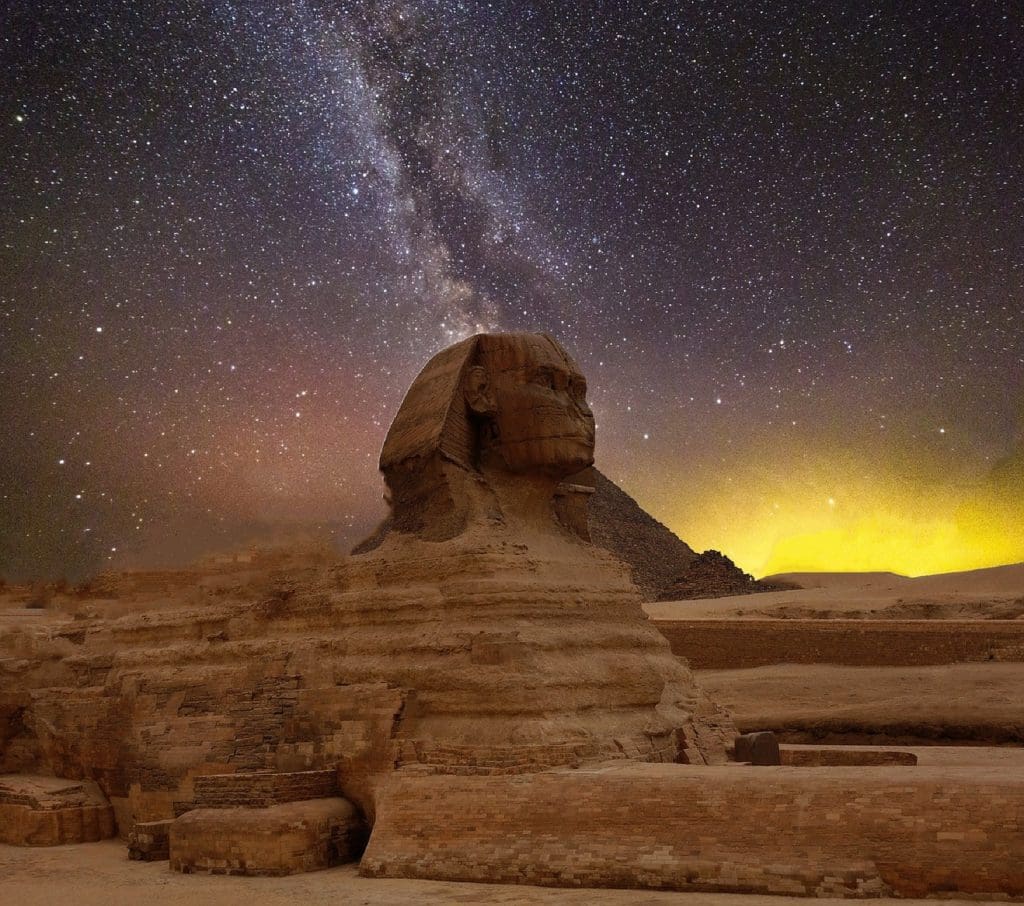
Egypt is a fascinating country to visit for many reasons but here we are going to focus on some of the more obscure and surprising facts about Egypt. You might know some of these, but how many are new to you?
A Snapshot of Egypt’s History
Humans have lived in Egypt for 8,000 years, although the “ancient” civilization we know best dates to around 3000 BC. Pharaohs ruled for nearly three millennia until Alexander the Great conquered Egypt in 332 BC and Greece ruled for three centuries. Cleopatra was a member of the Greek ruling family and eventually teamed up with Roman Julius Caesar in a civil war to overthrow her Greek brother.
After a brief Roman reign, Arab, Ottoman, French, and British rule followed, leading to Egyptian independence once again in 1922. Throughout the last century, Egypt has seen both war and diplomacy, revolution during the Arab Spring, and finally a strengthening economy and a return of tourism.
Ancient Sites of Egypt
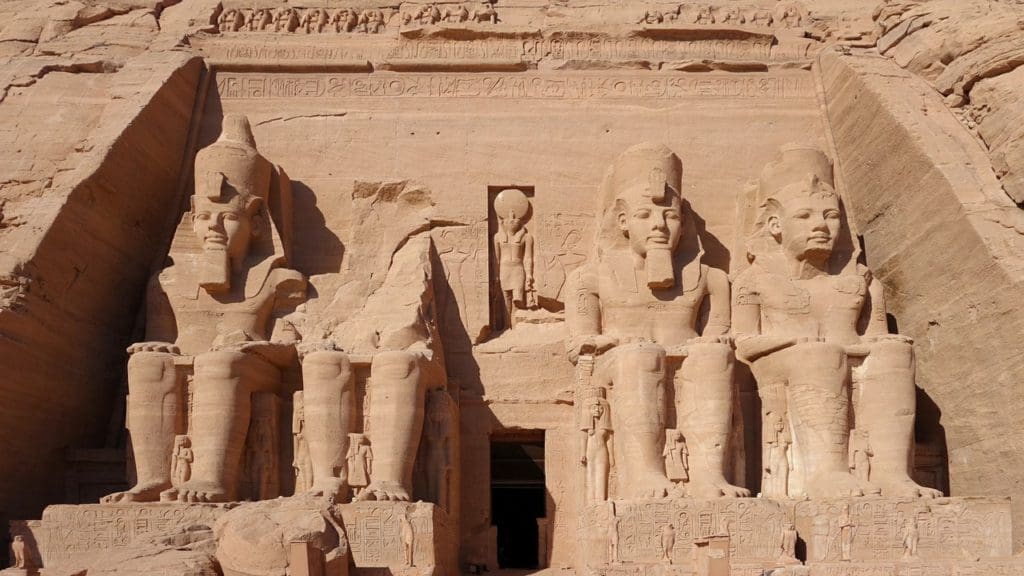
Egypt has the distinction of having seven UNESCO World Heritage sites.
- Memphis and its Necropolis are possibly the most visited, as they include the Pyramid Fields from Giza to Dahshur.
- Historic Cairo is one of the oldest Islamic cities on Earth and should not be missed.
- Ancient Thebes includes Luxor and the Valley of the Kings.
- The massive Nubian monuments of Abu Simbel are south of Aswan.
- Abu Mena near Alexandria was a 4th century AD Christian monastery and pilgrimage site.
- Saint Catherine in the Sinai mountains is where Moses received the Ten Commandments.
- Wadi Al-Hitan, or Whale Valley in the western desert, is the only Egyptian UNESCO site of natural (rather than cultural) significance. It contains hundreds of fossils of prehistoric whales.
The oldest and the only remaining Ancient Wonder of the World is the Great Pyramid of Giza. It is estimated to be 4,500 years old and is so enormous, that if it were divided into 12-inch cubes, it would cover the surface of the moon.
Another notable Egyptian city is Alexandria, named after Alexander the Great. Another of the Seven Ancient Wonders, the Lighthouse of Alexandria, now lost to time, once stood there.
Landscape of Egypt
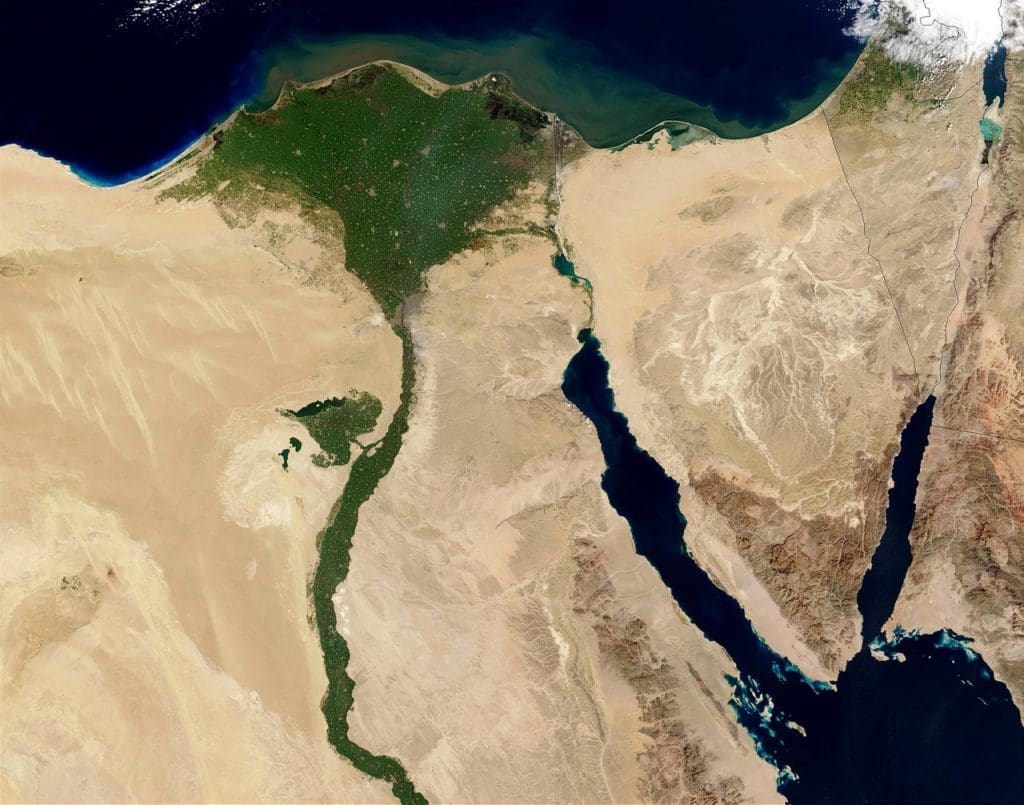
With nearly 22 million residents and sprawling approximately 500 square kilometers, Cairo is the largest city in Africa and the Middle East.
Egypt is one of only a few countries that spans two continents. Most of the land lies in the northeast corner of Africa, but across the Gulf of Suez, the part of Egypt known as the Sinai Peninsula lies in the southwest corner of Asia.
The landscape of Egypt is almost completely desert except for the fertile Nile River Valley. 95 percent of the population lives within a few miles of the mighty river. The Nile is the second longest river on earth, running 4,100 miles from Uganda to the Mediterranean Sea.
Counterintuitively, the term Upper Egypt refers to the southern part of the country and Lower Egypt is in the north. This is because the Nile flows through the country from south to north.
The Aswan Dam was built across the Nile in 1970 to control flooding and provide safe drinking water. It is the largest embankment dam in the world at 328 feet tall and 2.1 miles long.
Speaking of Aswan, it has the distinction of being the third sunniest place in the world, with an average of 10 hours of sun daily. That’s 3,863 hours of sunshine each year!
Unique Cultural Facts
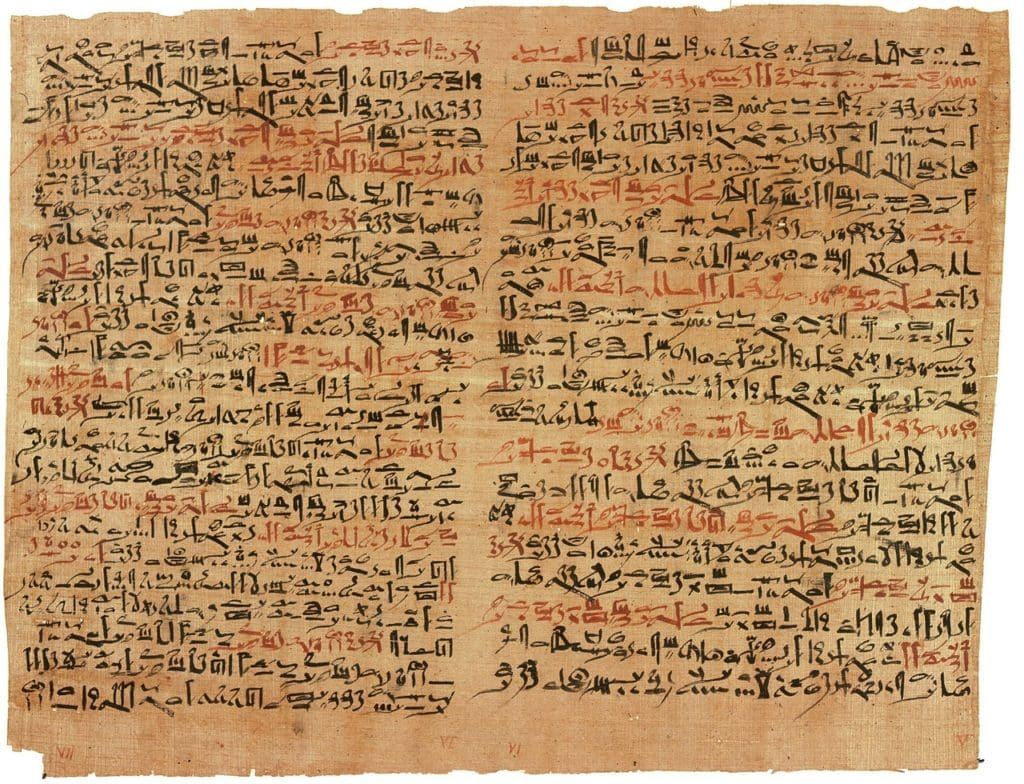
We can thank ancient Egyptians for many inventions that we still use today. They developed toothpaste, invented keys and locks, and created paper and pens. Amazingly, ancient Egypt also produced the first prosthetic limb somewhere between 950 and 710 BC. It was a woman’s toe made from leather, wood, and thread. Another ubiquitous tool they devised was the 365-day calendar, conceived to predict the annual September flooding of the Nile.
Ancient Egyptians also enjoyed playing board games. Senet was played for 2,000 years and symbolized the journey to the afterlife. Another unnamed game somewhat akin to cribbage is called Dogs and Jackals today because of the playing pieces resemble those animals.
Egypt’s best-kept secret is janzabil, the hot, spicy ginger drink that the Quran calls “the promise of paradise.” It’s the perfect respiratory and digestive tract cleanser for murky urban air and unfamiliar food. All the sidewalk coffee and shisha (tobacco) shops have it and will be surprised and delighted when you order it.
Egyptians have a curious habit of improvising – or outright lying – when giving directions. It isn’t done out of malice, in fact, just the opposite. When asked for directions, it’s considered rude to not know the answer, so if they don’t know they would rather misinform you than admit they don’t know. If in doubt, it’s a good idea to double-check with someone else.
The literacy rate in Egypt is quite high overall, in relation to many other countries; however, it is gender skewed. Egyptian men’s literacy rate is 83 percent, while Egyptian women’s is only 59.4 percent.
To end on a happier note, the custom of exchanging wedding rings made of braided reeds or leather began in Egypt almost 5,000 years ago. The fourth finger of the left hand was the preferred location for the rings because they believed that a “vein of love” ran from that finger directly to the heart.
Egypt boasts one of the longest cultural legacies in the world, much of which impact modern-day life. It certainly gives perspective to those who visit and explore Egypt’s many treasures and antiquities. To uncover the secrets of Egypt yourself, contact your Covington vacation advisor.





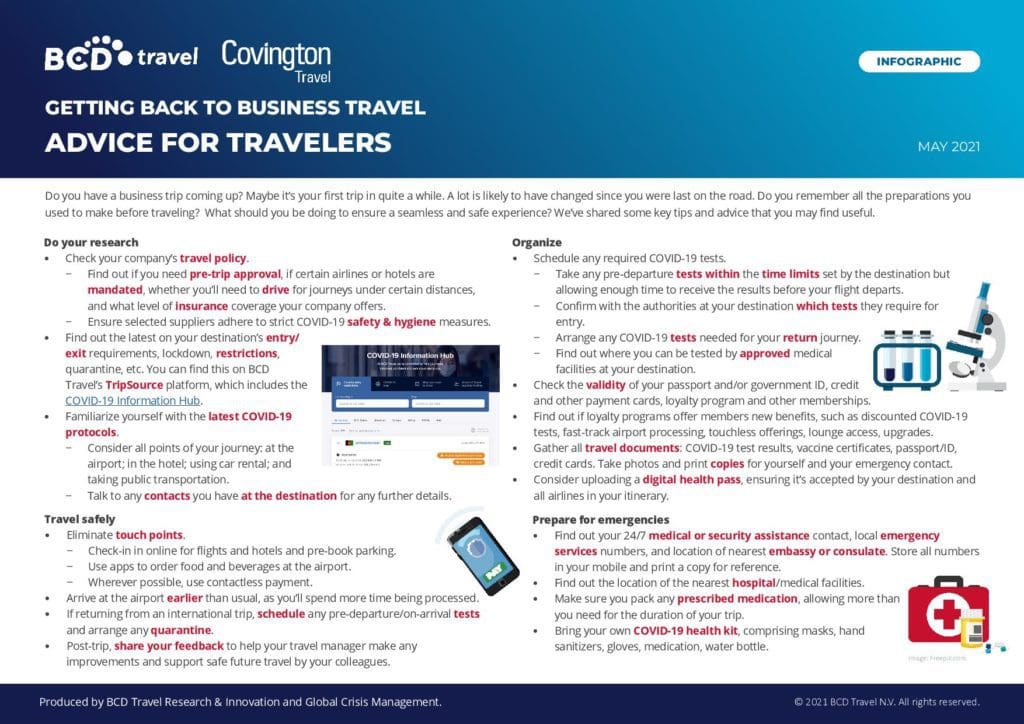
Leave a Reply